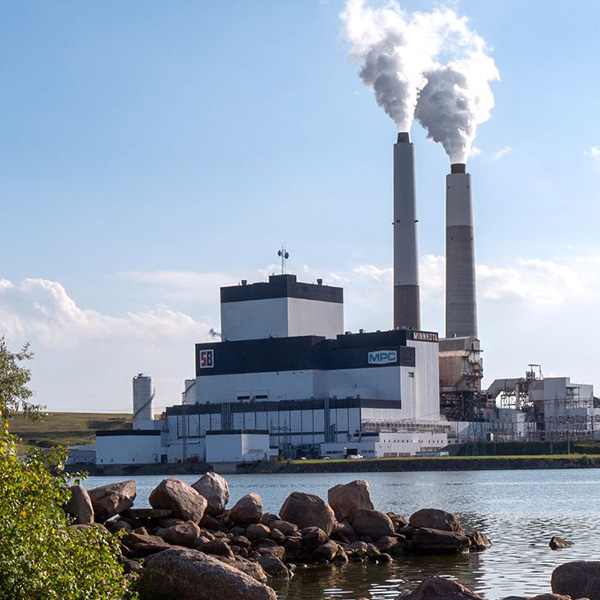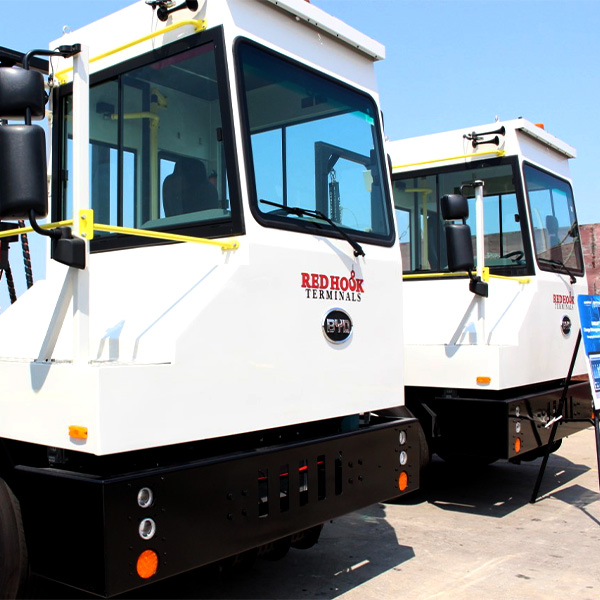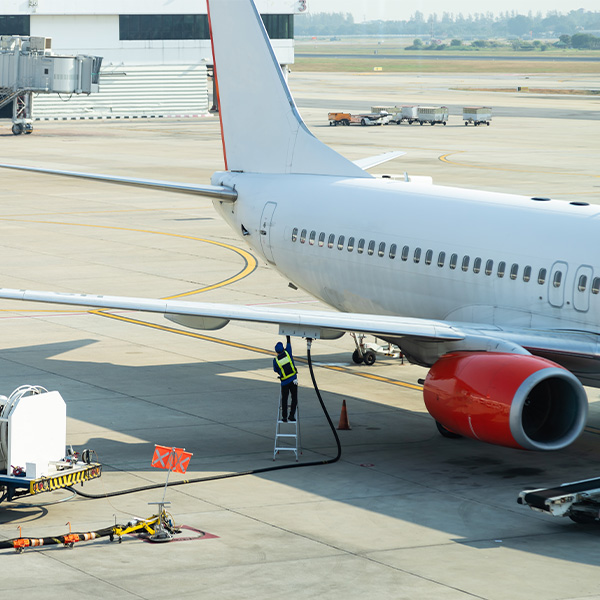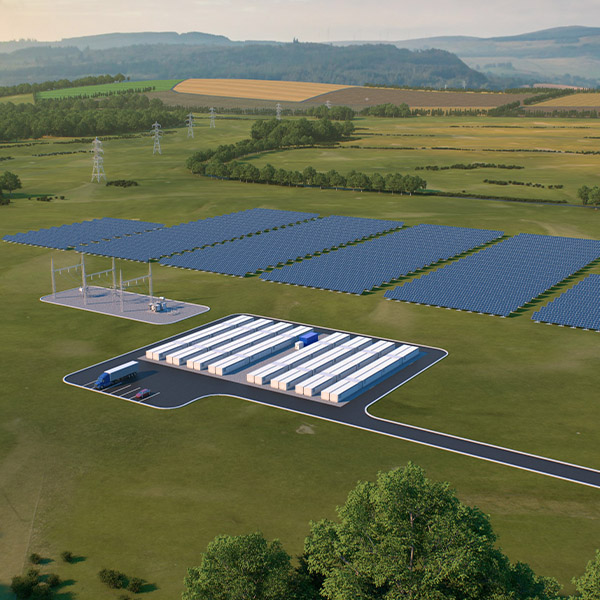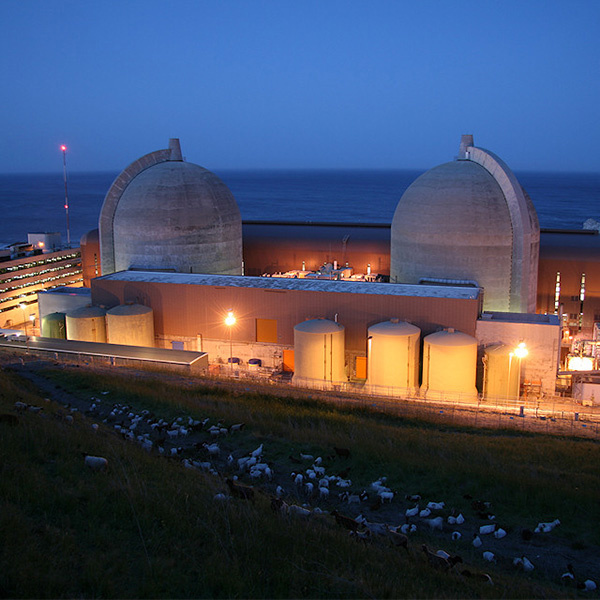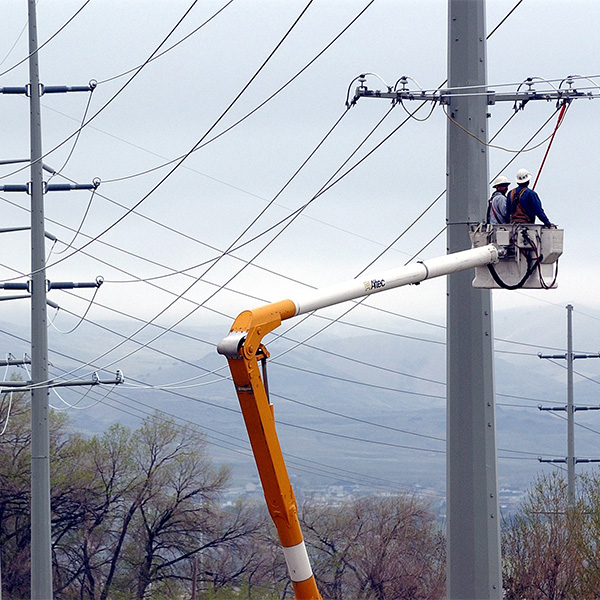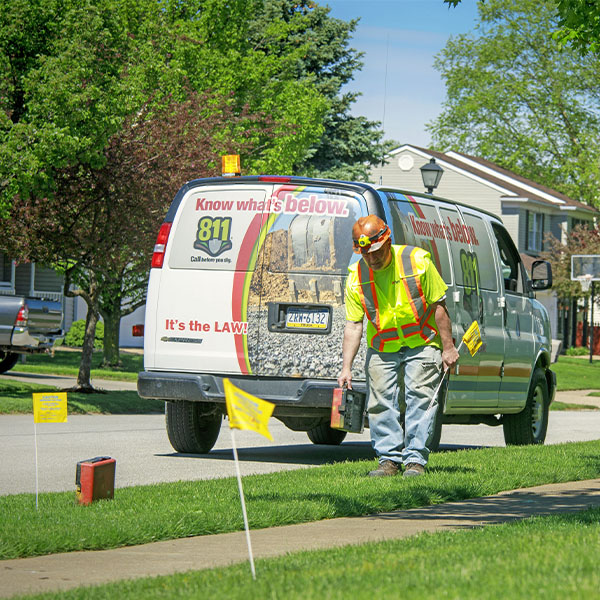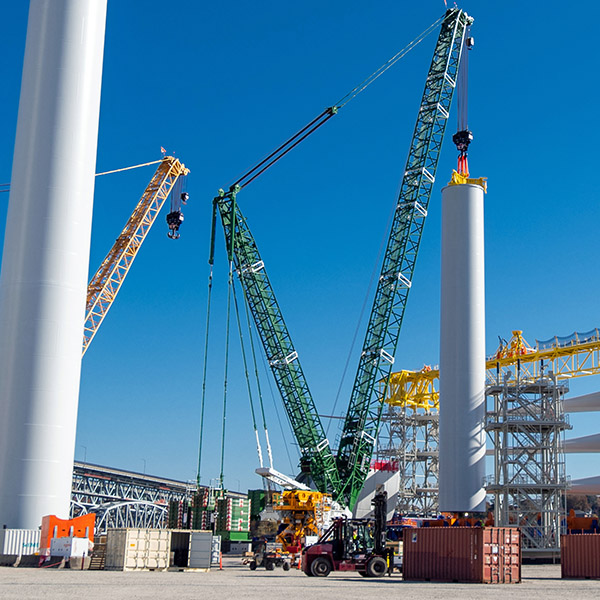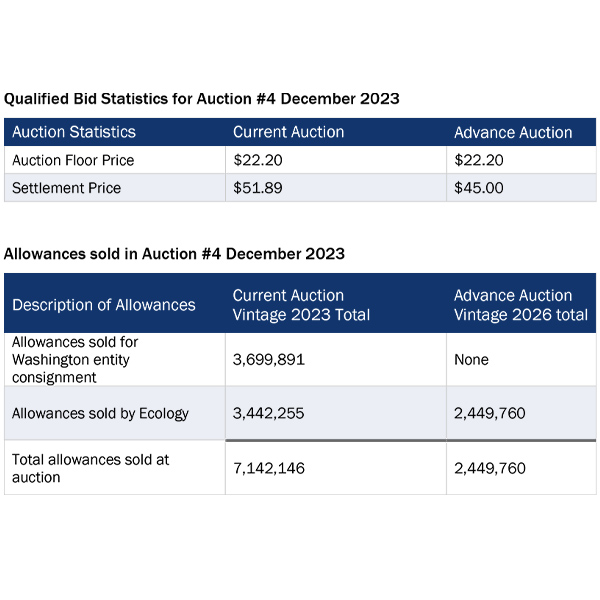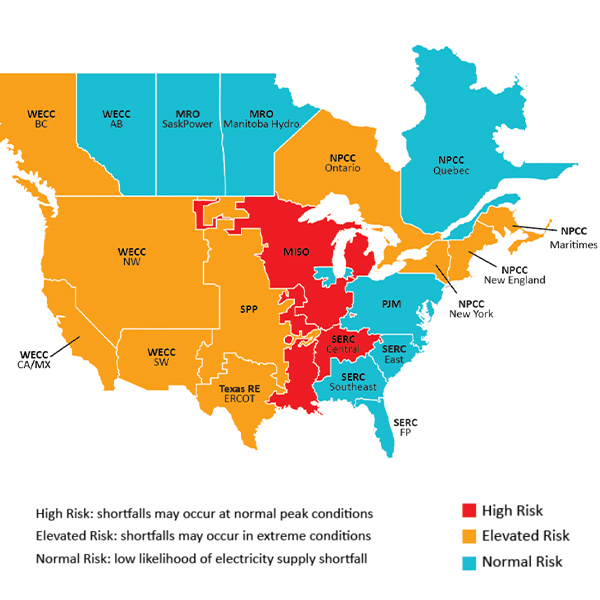NetZero Insider
Agriculture & Land UseBuilding DecarbonizationCookingEnergy EfficiencySpace HeatingWater HeatingCommentary & Special ReportsConference coverageCompany NewsEquity & EconomicsEmployment & Economic ImpactEnvironmental & Social JusticeFederal PolicyCongressDepartment of EnergyLoan Programs Office (LPO)Department of TransportationEnvironmental Protection AgencyFederal Energy Regulatory CommissionGeneral Services Administration (GSA)Interior DepartmentBureau of Land ManagementBureau of Ocean Energy ManagementNuclear Regulatory CommissionTreasury DepartmentWhite HouseGeneration & FuelsBioenergyFossil FuelsCoalNatural GasGeothermalHydrogenNuclearSMRRenewable PowerCommunity solarHydropowerOffshore Wind PowerOnshore Wind PowerSolar PowerRooftop solarUtility scale solarImpact & AdaptationIndustrial DecarbonizationState and Local PolicyAlabamaArizonaCaliforniaCA LegislationCalifornia Air Resources Board (CARB)California Energy Commission (CEC)California Public Utilities Commission (CPUC)ColoradoConnecticutDelawareDistrict of ColumbiaFloridaGeorgiaHawaiiIdahoIllinoisIndianaLouisianaMaineMarylandMassachusettsMichiganMississippiMissouriMontanaNevadaNew HampshireNew JerseyNew MexicoNew YorkNYSERDAPublic Service CommissionNorth CarolinaOhioOregonPennsylvaniaRhode IslandSouth CarolinaTennesseeTexasUtahVermontVirginiaWashingtonWest VirginiaWisconsinWyomingTechnologyCarbon CaptureTransmission & DistributionEnergy StorageMicrogridsTransportation DecarbonizationAirplane DecarbonizationEV chargersHeavy-duty vehiclesBattery Electric Buses (BEB)Fuel Cell Electric Buses (FCEB)Light-duty vehiclesBattery Electric VehiclesFuel Cell VehiclesPlug-in hybrid electric vehiclesShip electrificationClean Ports
Coming on the heels of COP28 in Dubai - and its weak call for a reduction in fossil fuel use - some researchers and advocates continue to argue that the normalization of CCS will simply prolong the burning of fossil fuels and the emissions they produce.
Maryland became the 10th state to adopt the Advanced Clean Trucks rule, which sets targets for the delivery of zero-emissions medium- and heavy-duty vehicles that gradually increase every year.
The Treasury Department has released guidance on the tax credit for sustainable aviation fuel that offers incentives to fuel that cuts emissions by at least 50% compared to standard jet fuel.
The California Energy Commission approved a $30 million grant to Form Energy to build a 100-hour battery energy storage system.
The California PUC approved extending operations at the Diablo Canyon nuclear power plant through 2030.
Utilities are rolling out new GETs projects, DOE officials said, but “there are more than 3,000 utilities in the United States, and a few excellent projects won’t get us where we need to be.”
The New York Public Service Commission has limited a major gas utility from proactively expanding its gas mains starting early next year.
The Treasury Department has released guidance on its 45X tax credit for clean energy manufacturing, which is meant to help spur domestic production of batteries, solar, wind, and minerals.
Washington state raised another $373.6 million in its last carbon emissions allowance auction for 2023, the Ecology Department reported.
NERC's Long-Term Reliability Assessment sees some risk for reliability issues in most of the country as the industry has to deal with faster demand growth and shifting supplies of generation.
Want more? Advanced Search
